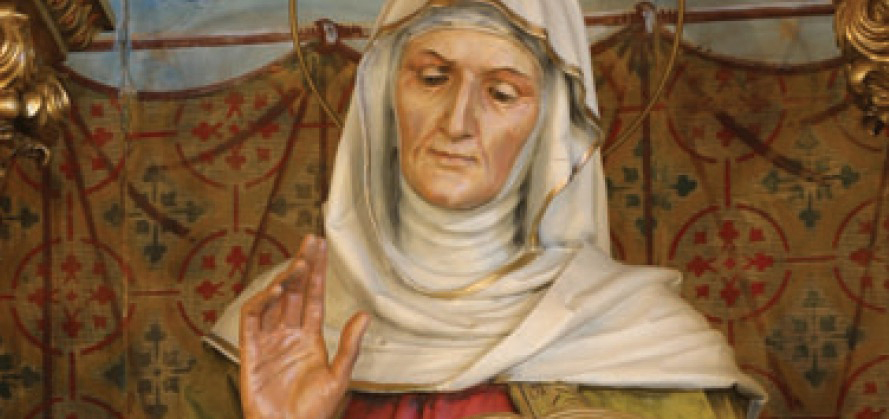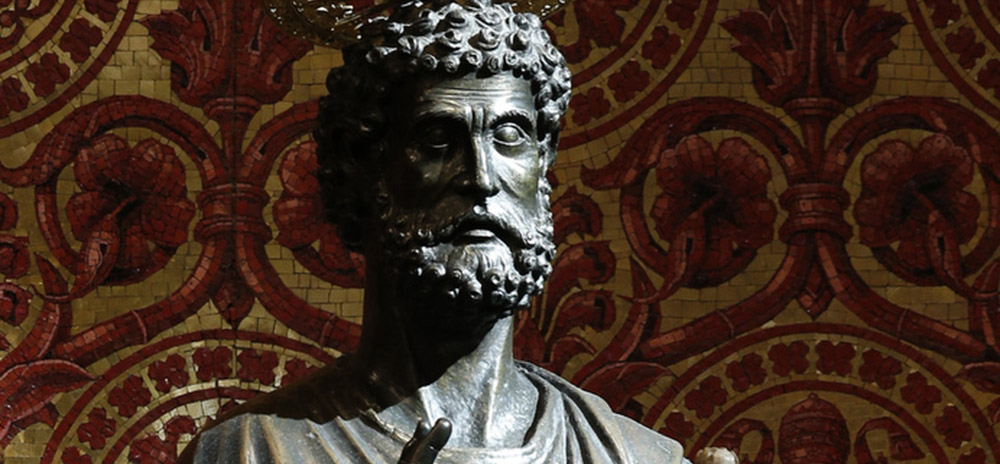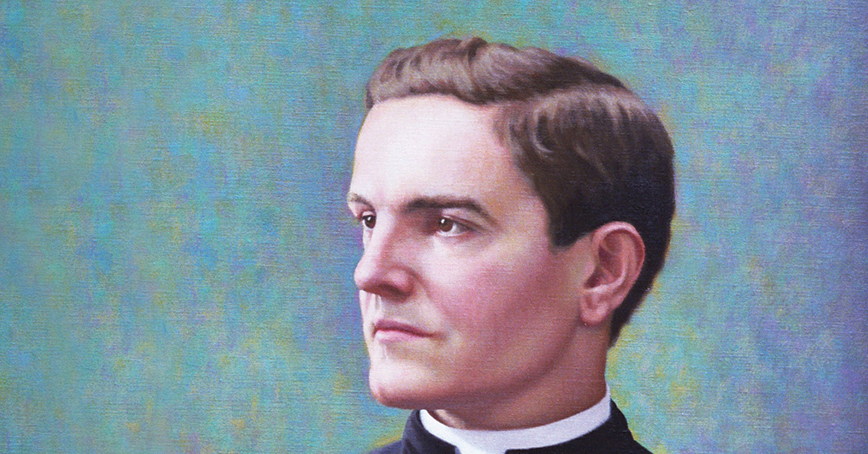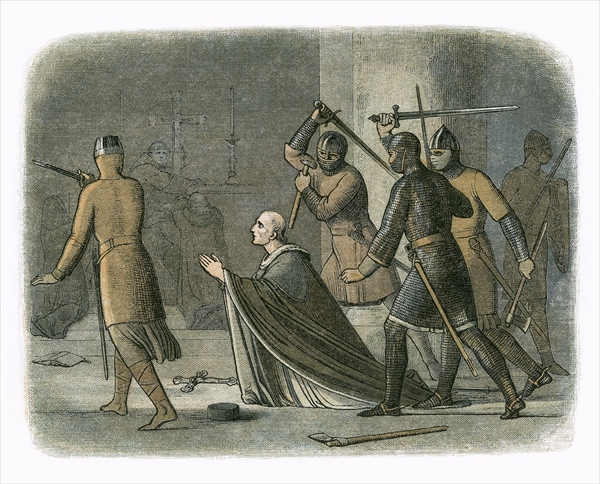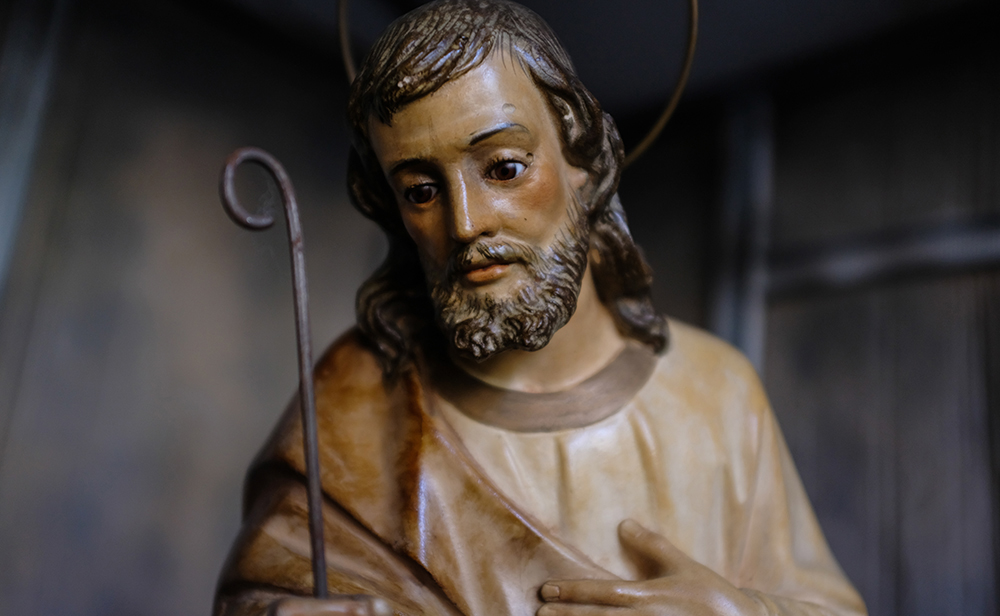The Gospels make no mention of the Blessed Virgin Mary’s parents, but the Protoevangelium of James, an apocryphal work written about 150, gives us a complete story of Sts. Anne and Joachim.
Even in the early centuries of the Church, the Fathers could not sort out what was legendary in this book from what (if anything) was true. Obviously, the Blessed Virgin Mary had parents. Considering the extraordinary graces God bestowed upon Mary, it stands to reason that her mother and father were also greatly loved by God. More than that, no one can say with certainty. What follows, then, is the legend of St. Anne and her husband, St. Joachim.
Their home was in Jerusalem, and although they had lived long and happily together, Anne and Joachim grieved that they had no children. This is a problem that afflicts many married couples who long for a child, yet find that infertility has made difficult, if not impossible, to conceive. In such cases, St. Anne is the saint to turn to.
One day when Joachim brought an offering to the temple, a fellow worshipper named Rueben mocked Joachim saying anyone who had not added to the number of the people of Israel by producing children had no business making sacrifices. Anguished and humiliated, Joachim went out to the desert where he fasted and prayed for 40 days, begging God to bless him and Anne with a child. Suddenly an angel came down from heaven and said, “Joachim! The Lord has heard your prayer. Go home, for your wife Anne shall conceive.”
Meanwhile Anne was venting her grief in her garden when an angel appeared to her. “Anne! Anne! You shall conceive,” he said, “and your seed shall be spoken of in all the world.”
In her eagerness to share this news with Joachim, Anne left her garden and stood at the city gate waiting for her husband. When she saw him in the distance she hurried out to meet him and kissed him. “Now I know the Lord God has blessed me exceedingly,” she said. “I, the childless, shall conceive.”
Nine months later Anne gave birth to an infant girl whom she named Mary. When Mary was 3 years old, Anne and Joachim led her to the temple and offered her to the Lord. Mary remained in the temple until she was betrothed to Joseph.
Th e cult of St. Anne began in the East. It was already well established by 550, when the Emperor Justinian built a church in her honor in Constantinople. Devotion to St. Joachim developed more slowly, but by the eighth century he was venerated in both the East and the West. It is interesting to note that the feast of the Immaculate Conception, which celebrates the day Our Lady was conceived in the womb of her mother, was originally known as the feast of the Conception of St. Anne.
In Europe, St. Anne’s primary shrine is at Auray in Brittany (France), which claims to possess her relics, while Ste.-Anne-de-Beaupre in Canada’s Quebec province is the great center of devotion to Our Lord’s grandmother in the New World. Today in Jerusalem, the Church of St. Anne stands near St. Stephen’s Gate. Archaeologists have excavated beneath the church and found the remains of what appears to be a house. Whether it was the home of St. Anne, St. Joachim and their holy child Mary, we will never know.
St. Anne is the patron saint of grandmothers, miners, women in labor, as well as Brittany, Canada and the Archdiocese of Detroit. Her feast day is July 26.
Craughwell is the author of more than 30 books, including “Saints Behaving Badly” and “This Saint Will Change Your Life.”

